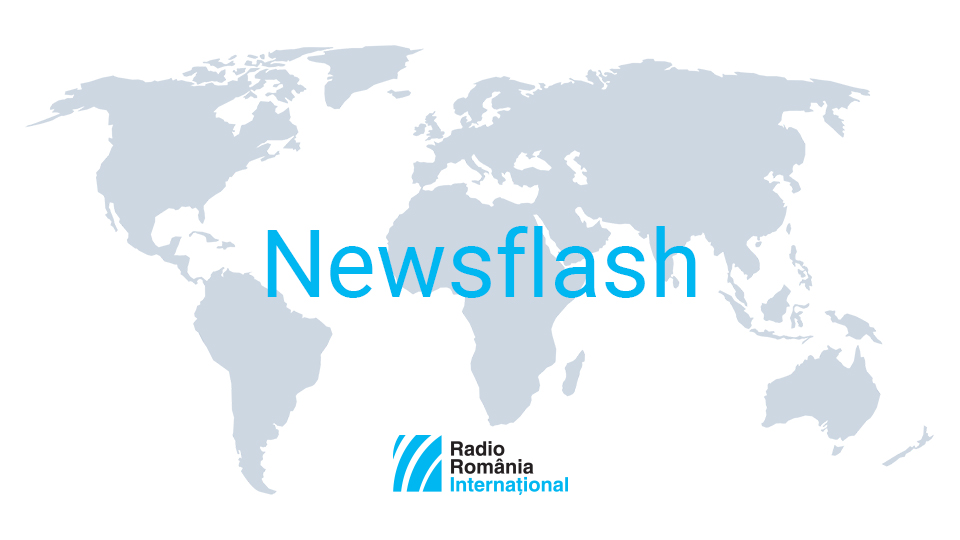By Lucas Ajanaku,The Nation
Copyright thenationonlineng

Since liberalisation in 2001, Nigeria’s telecom industry has created more than 500,000 jobs, transformed connectivity, and enabled economic growth, the sector regulator, Nigerian Communications Commission (NCC), said yesterday.
In spite of this success story, the sector is heavily plagued with the dearth of requisite skilled manpower that could reverse the gain, the regulator, warned.
Executive Vice Chairman/CEO of NCC, Dr Aminu Maida, in his keynote at Stakeholders Consultative Forum on Skill Gaps in the Telecom Value Chain
Theme: Bridging Nigeria’s Telecom Skills Gap: Empowering Indigenous Talent for Industry Growth, organised by the NCC at Raddisson Blu Hotel, Ikeja, said studies, including the 2024 International Telecom Union (ITU) assessment of Nigeria’s digital economy, highlight that while employers require about 30per cent of advanced digital skills, only 11per cent of currently employed workers possess such skills.
Represented on the occasion by the Director of Technical Standards and Network Integrity at the NCC, Engr. Edoyemi Ogoh, the EVC said five critical roles – desktop/support technicians, data analysts, ICT engineers, software developers, and data scientists – make up 25per cent of jobs today, but lamented that 27per cent of these roles are already hard to fill, and 29 per cent more will be required in the next five years.
READ ALSO; Open letter to the Northeast Development Commission
According to him, the skills required in the telecom value chain can be grouped into four categories which include Core Technical Skills – covering network engineering, 5G/6G deployment, fibre optics, spectrum management, and cybersecurity; Software and Data Competencies – including software engineering, AI, data science, cloud, IoT, blockchain, and analytics; Business and Strategic Skills – project management, regulatory compliance, policy, entrepreneurship, and digital business strategy; and Soft Skills – leadership, collaboration, communication, and adaptability in a rapidly evolving sector.
Dr Maida said several issues fuel these skills gaps. They include capital flight due to reliance on expatriate skills; poor remuneration discouraging retention of local talent; limited education curricula aligned to industry needs; and high global demand luring skilled Nigerians abroad.
He said the Federal Government has taken bold steps through the National Digital Economy Policy & Strategy (NDEPS 2020–2030) and the Strategic Blueprint (2023–2027), which target a 95per cent digital literacy rate by 2030. Beyond long-term strategies, several current initiatives are actively building Nigeria’s digital and telecoms workforce.
“From the end of Federal Government and Agencies we see 3 million Technical Talent (3MTT): Training 3 million Nigerians by 2027 in AI, cloud, cybersecurity, software engineering, and more. Early phases saw 30,000 fellows trained across all 36 states and FCT, with over 1.8 million applications received;
Digital States Programme: NITDA (National Information Technology Development Agency) is empowering 20,000 youths nationwide with digital literacy (content creation, marketing, productivity tools); the National Artificial Intelligence Strategy (NAIS) that highlights the need to ensure there is a pool of AI professionals working in Nigeria and promoting skills and knowledge transfer; the National Digital Literacy Framework (NDLF) which proposes the adoption of digital literacy through six core competency domains, and three proficiency tiers (basic, intermediate, advanced) in the national curriculum for digital literacy.”
Dr Maida said from the NCC side too are initiatives such as the Digital Learning Initiative (DLI) that targets public secondary school students and teachers and provides digital devices and customised curriculum onboarded onto the digital platforms; Campus Innovation Entrepreneurship Program (CIEP) provides undergraduates with capacity building, entrepreneurship and innovation training; Advanced Digital Empowerment Tertiary Program (ADEPTI) provides advanced digital skills for tertiary institutions; Advanced Digital Awareness Program (ADAPTI) aims to bridge the digital information gaps that exists in the academia and facilitate remote research and learning between lecturers and students by providing computers, other ICT equipment; and Digital Awareness Program (DAP), which raises awareness, usage and application by the provision of desktop computers, and required accessories with renewable Internet bandwidth subscription.
He said: “One of the DAP projects, in GDSS Malabu , Fufore LGA Adamawa, won World Summit on Information Summit (WSIS) 2025 Award in the Access to Information and Knowledge category. The ongoing NCC-NOKIA 4G and 5G training program is aimed at developing the technical skills of young Nigerians on the latest 4G/5G and emerging technologies; the Nokia-OMNIA Entrepreneurship Learning Platform (ELP), a 3 months virtual learning programme is designed at developing entrepreneurial skills of young Nigerians across the six geo political zones; USPF’s Digital Knowledge Centers that fosters ICT skills and provides access to digital resources for students, youths, and communities.”
He said the operators and private sector are also contributing in this skill develop, citing Airtel Africa’s 3MTT Contribution which is committed to training 25,000 youths and awarding international tech scholarships, while supporting UNICEF-led digital learning platforms across 1,260 schools.
Another is MTN Foundation which implements the Corporate Social Investment (CSI) initiatives of MTN Nigeria, provideing scholarships through its MTN Science &Technology Scholarship (STS) for eligible students to study STEM subjects in tertiary institutions, it also supports blind students who wish to study any discipline under the MTN scholarship for the Blind (SBS). MTN also provides support for the top 10 scoring UMTE students.
Another is the Association of Telecom Companies of Nigeria (ATCON) Academy which was launched May 2025 and focuses on addressing the Nigeria’s telecom sector talent shortage and reduce dependence on foreign expertise and finally, IHS Digital Hub, an incubation and acceleration program designed to build an ecosystem to help nurture creative talents, drive technological innovations and entrepreneurship.
“This forum is not just about identifying gaps; it is about building a bridge. The bridge that will carry Nigeria’s telecoms sector into the future – powered by indigenous talent that creates, maintains, and expands the digital infrastructure driving our nation’s digital economy,” he said.



